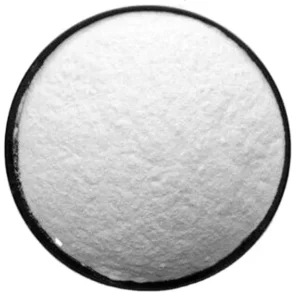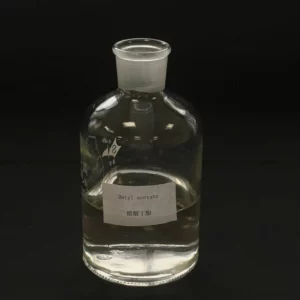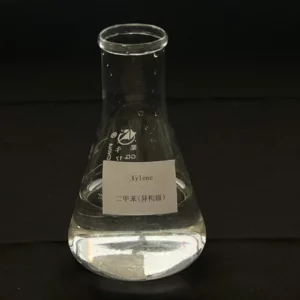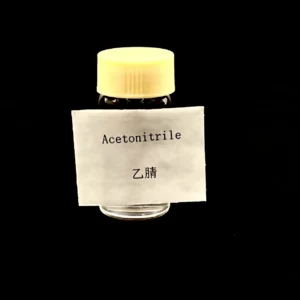What is polyaluminum chloride? During industry of water treatment and purification, polyaluminum chloride (PAC) has emerged as a highly effective and versatile coagulant. This chemical compound, widely used in various industries, offers exceptional flocculation and sedimentation properties. Especially, it is as an indispensable tool for achieving clean and safe water. Today, we will provide a comprehensive introduction to polyaluminum chloride, highlighting its benefits and applications. Additionally, we will explore efficient strategies for procuring this essential chemical compound.
Understanding Polyaluminum Chloride:

Polyaluminum chloride, also known as PAC, is a chemical compound derived from aluminum hydroxide and hydrochloric acid. It is characterized by its polymeric structure and high charge density, which enables efficient coagulation and flocculation in water treatment processes. PAC is available in several forms, including liquid and powder, with varying aluminum concentrations to suit specific application requirements.
Benefits and Applications of Polyaluminum Chloride:
- Superior Coagulation and Flocculation: PAC by polyaluminum chloride suppliers, offers superior coagulation and flocculation capabilities compared to traditional coagulants like aluminum sulfate. Its polymeric structure allows for the formation of larger and denser flocs, enhancing the removal of suspended particles, organic matter, and other impurities from water.
- Wide pH Range: One of the significant advantages of polyaluminum chloride is its ability to function effectively over a wide pH range. Unlike other coagulants, PAC maintains its coagulation properties even in acidic or alkaline conditions, making it suitable for diverse water treatment applications.
- Reduced Sludge Production: By using PAC, water treatment plants can minimize sludge production during the coagulation process. The formation of denser flocs leads to improved sedimentation and filtration, resulting in reduced sludge volume and disposal costs.
- Versatile Applications: Polyaluminum chloride finds applications in various industries, including municipal water treatment, wastewater treatment, paper manufacturing, textile industry, and oil and gas sector. It effectively removes turbidity, color, heavy metals, and other contaminants, ensuring high-quality water for different purposes.
Efficient Procurement Strategies for Polyaluminum Chloride:
When it comes to procuring polyaluminum chloride, it is crucial to consider factors such as quality, reliability, and cost-effectiveness. Here are some efficient strategies to ensure a smooth procurement process:
- Supplier Evaluation: Conduct thorough research and evaluate potential suppliers based on their reputation, certifications, product quality, and customer reviews. Choose suppliers with a proven track record in providing high-quality polyaluminum chloride that meets industry standards.
- Specifications and Customization: Clearly define your requirements and specifications for PAC, such as aluminum content, form (liquid or powder), and packaging. Seek suppliers who can customize their products to meet your specific needs, ensuring optimal performance in your water treatment processes.
- Price and Cost Analysis: While cost is an important factor, it should not be the sole determining factor. Compare prices from different suppliers, considering the overall value offered, including product quality, technical support, and delivery reliability. Strive for a balance between cost-effectiveness and quality.
Supply Chain Management: Establish a strong supply chain management system to ensure a consistent and reliable PAC supply. Maintain open communication with suppliers, monitor inventory levels, and plan ahead to prevent any disruptions in your water treatment operations.

.webp)



